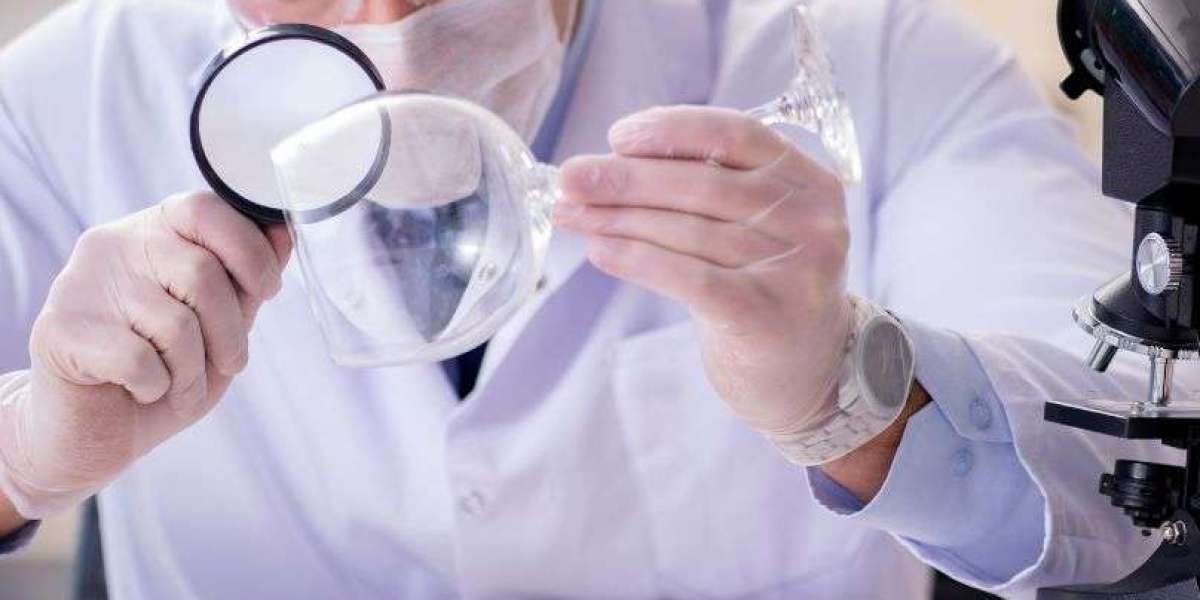Child Protective Services (CPS) plays a vital role in safeguarding children who may be victims of abuse, neglect, or other harmful situations. In forensic cases, CPS often works closely with healthcare professionals, law enforcement, and legal authorities to ensure the safety of the child while also gathering reliable evidence. Forensic professionals, particularly those in nursing, must recognize the responsibilities of CPS and how their collaboration can enhance case outcomes. The partnership is not only about protecting children in the immediate sense but also ensuring that their voices are heard and their rights are preserved in the long term. Building mutual respect and a clear line of communication with CPS is a foundational step toward effective collaboration.
Why Collaboration Matters in Forensic Investigations
Collaboration between forensic healthcare providers and CPS ensures that investigations are thorough, ethical, and centered on the well-being of the child. When nurses and forensic specialists share their findings with CPS, they provide critical insights that can guide case decisions. This cooperation reduces the chances of misinterpretation, delays, or missed evidence that could impact a child’s safety. Moreover, CPS staff often face overwhelming caseloads, and the expertise of forensic nurses can support them in understanding medical and psychological aspects of a case. Through this teamwork, professionals create a stronger safety net that protects vulnerable children and holds perpetrators accountable, leading to more just outcomes for families and communities.
Building Trust Between Forensic Nurses and CPS Workers
Trust is the cornerstone of any successful collaboration. Forensic professionals should aim to establish credibility with CPS workers by providing clear, unbiased, and accurate documentation. Nurses trained in forensic practices know how to communicate sensitive information with care, ensuring that it is both medically precise and legally relevant. By avoiding jargon and using clear explanations, they help CPS staff make informed decisions. Regular communication and case discussions also build rapport, reducing misunderstandings that can harm the investigation. When CPS staff trust the reliability and professionalism of forensic nurses, the relationship evolves into a partnership where both parties feel confident relying on one another.
Education and Training for Effective Collaboration
One of the most effective ways to strengthen collaboration is through ongoing education and training. Forensic nurses who pursue specialized training gain the skills to identify patterns of abuse, document injuries in a legally defensible manner, and testify effectively in court. These skills not only benefit legal outcomes but also support CPS workers in understanding complex medical findings. Professionals who complete a forensic nursing course are better prepared to handle sensitive cases and provide CPS with the knowledge they need to advocate for the child’s best interests. By investing in education, healthcare professionals become valuable partners who contribute expertise and clarity in cases where children’s futures are at stake.
Creating a Collaborative Framework
A structured framework ensures that the collaboration between forensic professionals and CPS is consistent and effective. This can include formal agreements between healthcare institutions and CPS agencies that outline roles, responsibilities, and expectations. Case protocols, such as when and how to share evidence, can streamline processes and minimize conflict. Regular interdisciplinary meetings, case reviews, and feedback sessions encourage accountability and foster continuous improvement. By building this framework, both CPS and forensic teams create a professional culture that prioritizes child safety while maintaining ethical and legal standards in forensic practice.



